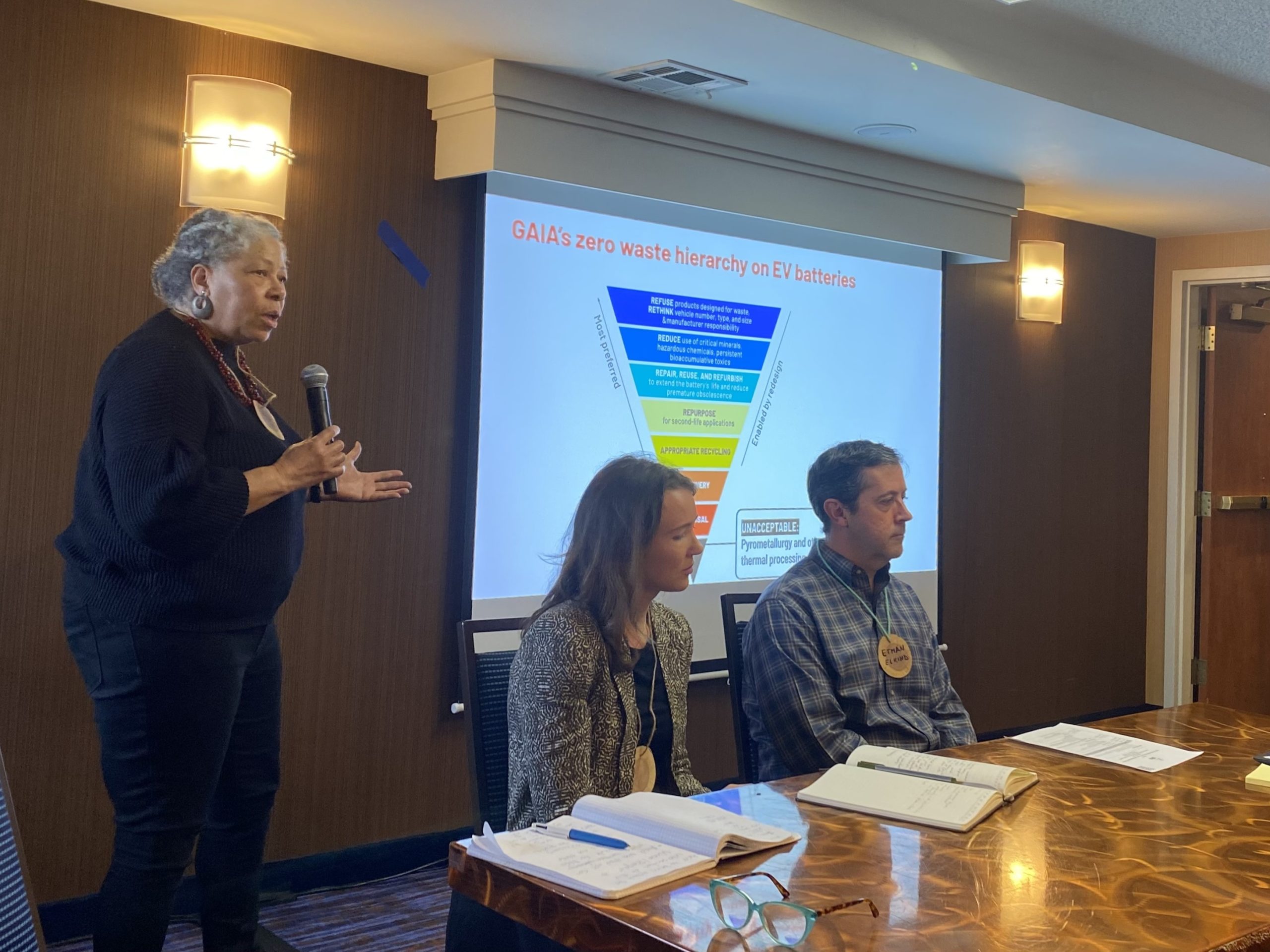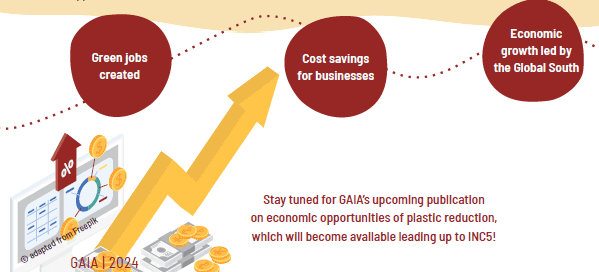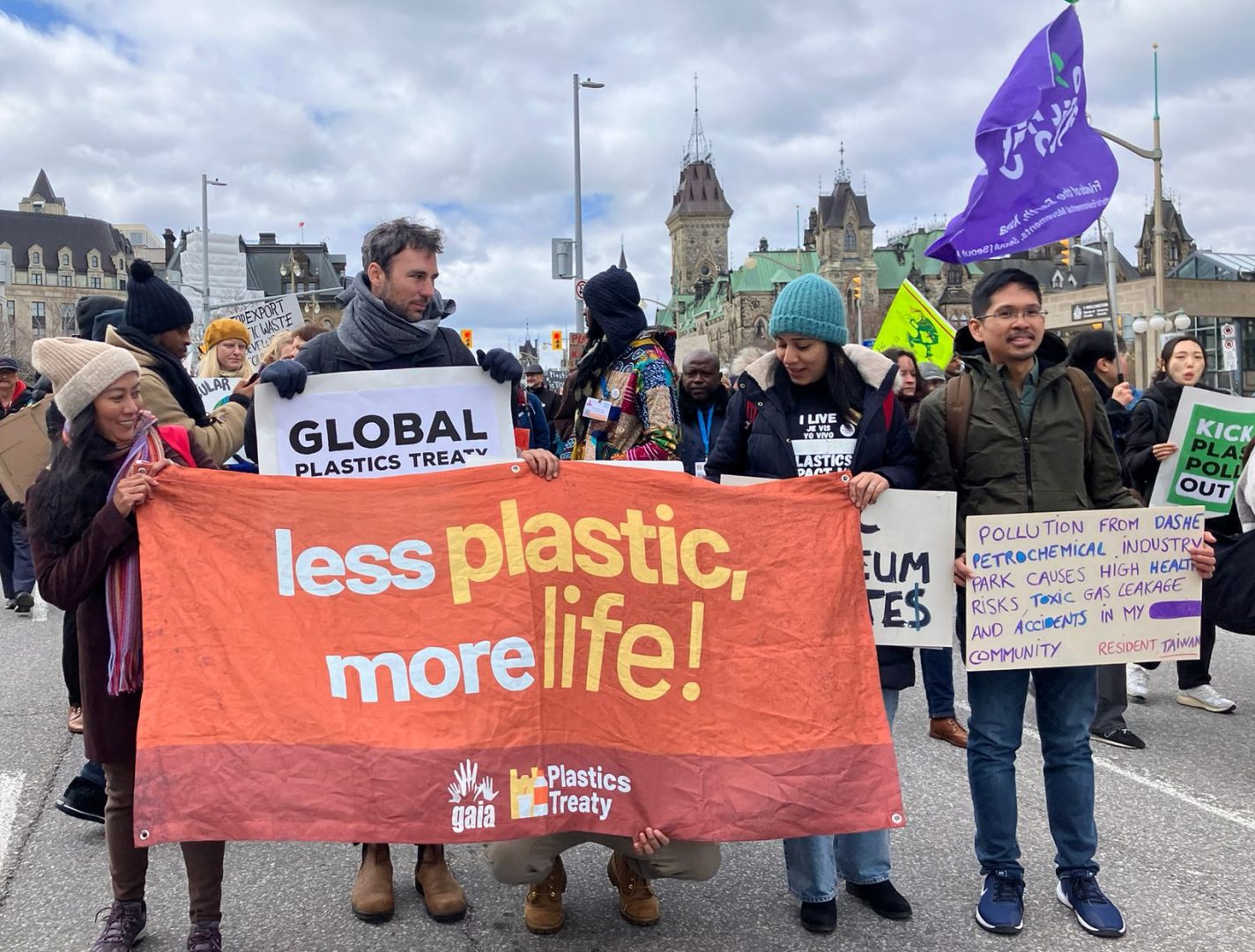This report uses independent empirical research to evidence that incinerator bottom ash is insidiously hazardous and under-regulated. Risk is heightened by the fact that testing methods for its use as a building material are outdated. A list of fifteen concerns for public health and safety is provided in relation to the use of waste incinerator bottom ash in cement-based products and as road/pathway aggregate. Calls for the support of its use within a circular economy are premature, and, as per the precautionary principle, all ongoing usage should cease. Examination of independently analysed bottom ash provides a diagnostic on the operational steady state of waste incinerators, incidentally raising concerns about operational compliance with emissions legislation and the capacity of incinerators to produce benign bottom ash when fed with municipal solid waste.
When China closed its borders to foreign waste in 2018, countries in Southeast Asia were flooded with garbage masquerading as recycling, primarily from wealthy countries in the Global North. This investigative report uncovers how communities on the ground were impacted by the sudden influx of foreign pollution, and how they’re fighting back.
In 2021 we made great strides as a movement and continued to spread awareness on our calls for a just, healthy and zero waste society.
To celebrate our victories, we put together this short region review of the year 2021. We recognise that there were many more highlights to celebrate in the movement, but these are a select few that we have been closely engaging on.
Al igual que en 2020, desde GAIA acompañamos a nuestros miembros para sostenernos como red en el contexto de la pandemia a través de diversos apoyos de incidencia, recuperación y bienestar. Fue un grano de arena en el andar tremendamente nutrido de la red durante 2021. El espíritu, compromiso y trabajo arduo se mantuvieron inalterados y nuevas organizaciones de México, Brasil y Chile se sumaron a la membresía regional.
En el escenario actual, el fortalecimiento del movimiento ciudadano y territorial se hace más importante que nunca, ¡y estamos agradecidos porque nuestra red creció en número y actividades para responder a ese desafío!
The scale of global plastic pollution has been brought to light in recent years. Over 300 million tonnes of plastic is produced each year, and more than 90 percent of it ends up in landfills, waste dumps, incinerators, and on lands and waterways. Like many other countries in Southeast Asia, Indonesia is dealing with growth in both domestic consumption of single-use plastic and waste arriving at the ports in the name of trade. Indonesia has been labelled as the second largest contributor to ocean plastic leakage after China. In addition to the amount estimated to leak into waterways and the ocean (9 percent of the 4.8 million tonnes of plastic waste generated in Indonesia every year), the majority of plastic waste in the country is being inadequately managed through open burning (48 percent), dumping on land or dumpsites (13 percent).
In response to the unprecedented plastic pollution crisis, fast-moving consumer goods companies and the petrochemical industry have supported and promoted countless miraculous-sounding technologies, pushing back on their bad reputations as major plastic polluters. CreaSolv is Unilever Indonesia’s flagship project on this front, and the media has touted it as an example of a technological innovation that can solve the entire global plastic waste problem by recycling the lowest-value plastic.
Two years after the highly-celebrated launch of the pilot plant in Indonesia in 2017, however, the fuss around the CreaSolv project quieted down as the company secretly shuttered the operation. Reports from local investors revealed multi-layered fallout of the CreaSolv project, from the logistical difficulties of sachet collection through challenged economics around the end products.
María Fernanda Solíz Torres nos sacude. Nos habla de la basura como bien común. Critica su mercantilización, por ejemplo la importación de plásticos y otros desechos. Desmonta el gran engaño de la economía circular y reivindica las redes de seres humanos cuya vida gira alrededor de la basura, que trabajan con ella y la transforman. La autora reclama derechos para la basura, recupera con fuerza y lucidez el papel y por cierto también los derechos de las personas que la reciclan de oficio, insertos en un movimiento de recicladoras y recicladores en América Latina.
En este libro provocador abundan experiencias esperanzadoras de reciclaje inclusivo contadas desde abajo. Y lo potente de sus reflexiones se cierra con una constatación que cobra cada vez más fuerza en el planeta: la necesidad de librerarnos de la religión del crecimiento económico, pues para transitar a un mundo en donde se logre la meta de “basura cero” hay que transitar por el decrecimiento, que no puede ser confundido con una recesión o depresión económica. Prólogo Alberto Acosta y Esperanza Martínez.
In 2019, GAIA Asia Pacific members gathered in Penang, Malaysia for a series of activities, which culminated in a regional meeting where we set our objectives for the next three years (2020-2023).
Just months after the regional meeting, the world confronted the uncertainty and threats of the COVID-19 pandemic, making work on the ground doubly difficult, as the pandemic also exacerbated the already widespread and systemic injustices that we have long been fighting.
In the face of these challenges, GAIA members remained steadfast in their commitment for a better world. This publication, “POSSIBLE TOGETHER,” is a proof of that.
As written by GAIA International Coordinator, Christie Keith, in her message, “The organizing stories in the publication are a testament to how hard GAIA members have worked since early 2020 – despite great personal risk – to create visionary Zero Waste solutions and oppose toxic pollution. These are stories of cultural survival, fierce resistance, and local transformation.”
It takes a network to have a fighting chance when faced with challenges of this magnitude, and collectively, GAIA members rose to the occasion. They extended each other a helping hand and made sure that their communities would not be left behind.
The work may be daunting; and the times, challenging. But difficult can become easy; and the impossible, possible when when people work together.
This report presents a comprehensive analysis and arguments on the need to improve the Landfill Directive and the Waste Framework Directive, highlighting residual waste reduction as a crucial tool to ensure alignment with the overarching principles of the EU Circular Economy Agenda.
In the wine industry, single-use glass is heavily used for packaging. On the one hand, glass has the greatest environmental impacts compared to other packaging materials (i.e. PET, aluminium, and beverage carton). On the other hand, glass is 100% reusable and 100% recyclable at the end of its life cycle, and is an inert material, which makes it more suitable as a food contact material.
The reWINE project proves that a circular and more sustainable way of consuming wine is possible.
Let’s start the tasting tour!




























